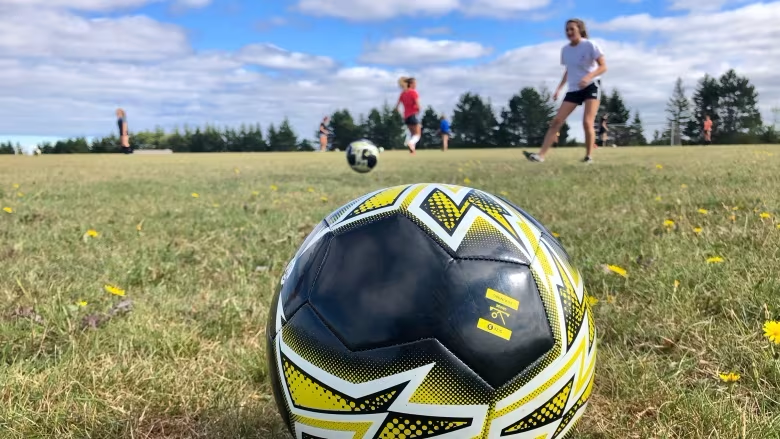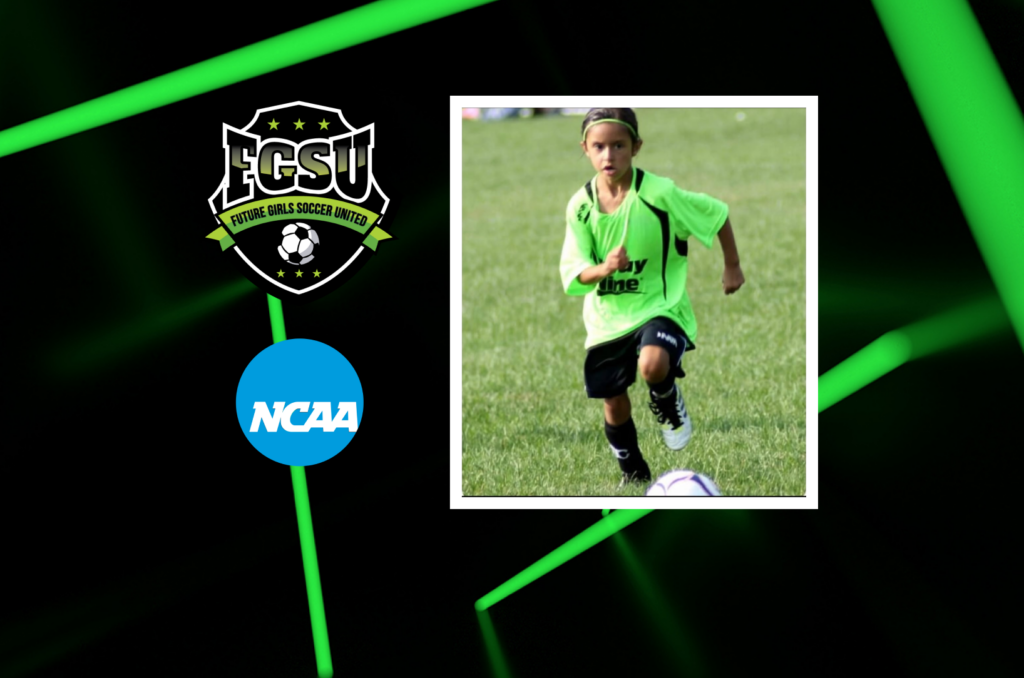Excerpt from CBC News:
Those working at the grassroots levels of Canadian soccer, from where the development of the next generation of stars will emerge, echo many of Sinclair’s concerns, and agree this World Cup result should make the sport in this country look at how it identifies and develops young female soccer players.
“Young ladies in these other leading countries are playing all the time,” said Kim Brassor, executive director and co-founder of the Future Girls Soccer, the only all-female player and coach organization in Canada. “At dedicated academies there’s kids that get trained for free because they’re the best of the best.
“We don’t have that environment here. Everybody loves soccer, everybody who plays soccer, loves soccer. Everybody that coaches soccer loves soccer. But it’s a different approach.”
Brassor, who has also served on the executive of the Ontario Soccer Association’s Women’s Committee and written a book called Reaching for the Rings: A Young Girls Guide to Growing Her Game, said it’s time to apply the same dedication Canada applies to building sustained excellence in hockey from an early age to soccer.
“There’s nobody that’s not dedicated to seeing the players get better,” Brassor said. “But I don’t think our culture makes it a priority and says OK, we have to make our priority to make our players the best of the best in the world.”
Brassor said sustained success internationally begins with increasing the intensity and quality of training for girls beginning as young as eight.
“We don’t train enough and we don’t play enough, we don’t play enough games. There’s restrictions to what they’re allowed to do and how many hours a week we can train, how many days they can do it,” she said. “If you look at some of these other countries that are coming through the forefront, the performance that they’re displaying right now. I’m sure if we went and looked at their soccer associations, the restrictions are not the same.”




